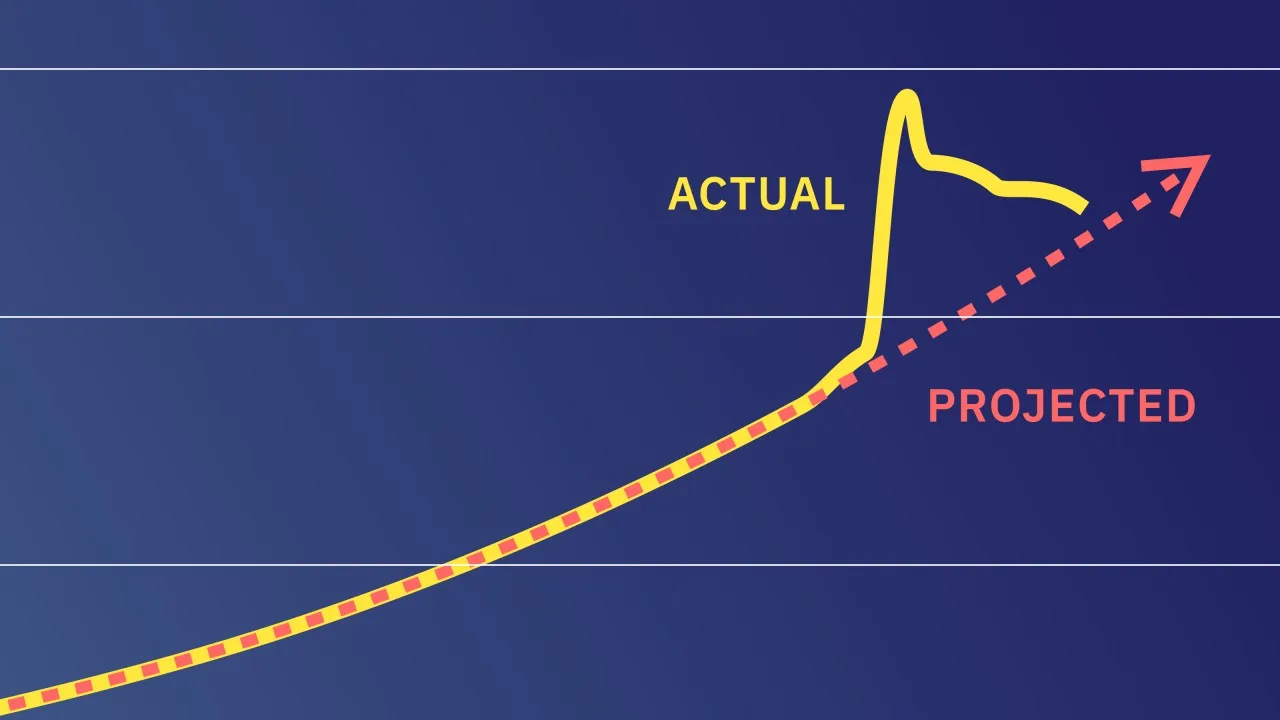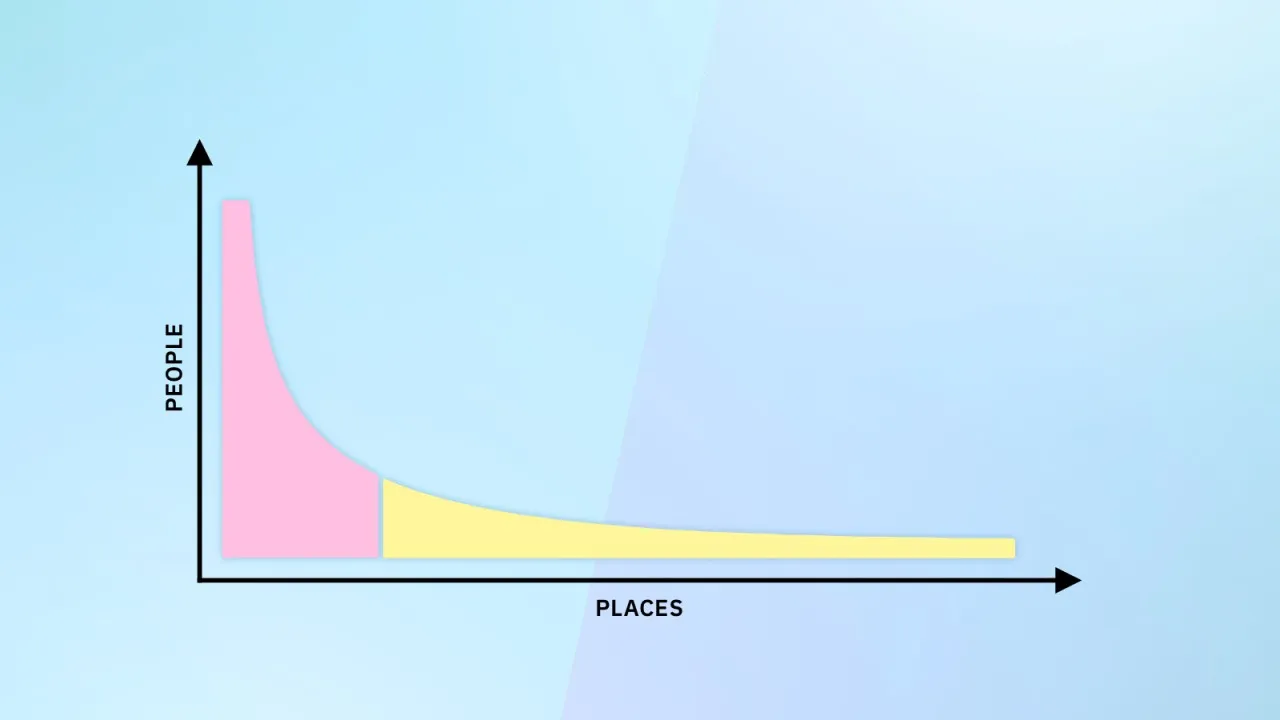Blog
Commodity Kardashians
Technology does not want to replace you. It wants to make you interchangeable.

The Scalable Imagination
📚I am writing a new book about the future of work, cities, and companies. Click here to read the first few pages. The Scalable Imagination0:00/233.8220831× We tend to underestimate technology's power to turn in-person work into scalable work. On the verge of the 20th Century,

The Office Ratchet Fallacy
The New York Times has a new piece about differences in office occupancy between large and small cities. Emma Goldberg writes: "The competition for parking space is getting steeper. Commutes are inching longer. Workplace lounges are filling up with commotion as junior associates play cornhole. What return-to-office debate? In

Remote Work and The Urban Long Tail
In 1949, the American linguist George Kingsley Zipf published a curious study. Zipf analyzed various long texts and created a ranking of words based on how often they appeared in a given work. He found that the frequency in which a word appears in a text is proportional to the

Remote Work Proves Cities Are Invaluable
Last week, Andreessen Horowitz (A16Z) announced they are "moving to the cloud." The company was initially skeptical about working remotely but learned from experience: "It turns out that running a technology company remotely works pretty darned well. It’s not perfect, but mitigating the cultural issues associated

Milder Recessions, Wilder Careers
Remote work makes it easier for the economy to adjust to changes in supply and demand and allocate people to their most productive use. But a more efficient economy also means more volatile careers.

Productivity and Inequality
Yesterday, I wrote about the 50-fold increase in the productivity of manual laborers in the 20th Century. In the decades ahead, experiments with new work arrangements are expected to lead to similar increases in the productivity of knowledge workers. But there is a key difference between manual labor and knowledge

Routing Around the Office
Can you force people to work a certain way? Companies and labor markets are networks. Collaboration and innovation depend on the flow of information. Once you plug your business into the internet, it starts behaving in ways you cannot control. If you try to force your views on the network,

God Outside the Office
What do you have in common with your colleagues? Fifty years ago, it was easier to answer this question. Work was linear and relied on identical inputs that produced predictable outputs. Corporations recruited identical people to perform identical tasks, and the media and education system produced identical people to fill


